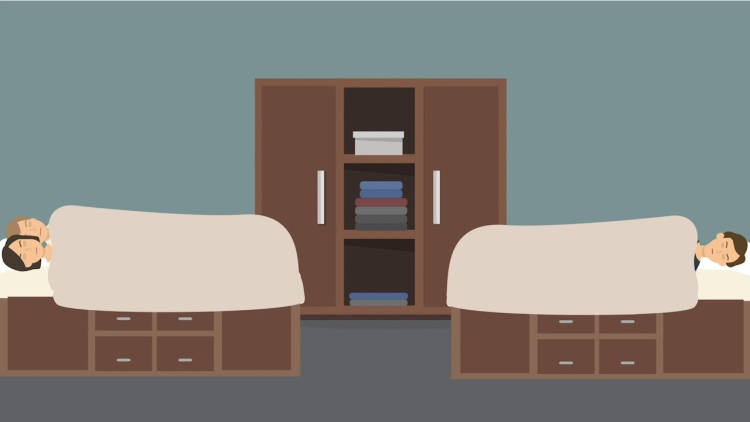United States v. Knox
United States Air Force Court of Military Review
1992 WL 97157 (1992), aff’d M.J. 28 (1994), 513 U.S. 1153 (1995)
- Written by Peggy Chen, JD
Facts
Knox (defendant) was accused of rape by Theresa, a co-worker at the same shop at Kadena Air Base, Japan. The two had been drinking and celebrating the end of the week with other co-workers. Afterwards, Theresa and her boyfriend joined Knox in his room. At some point, Knox left the room and Theresa fell asleep there with her boyfriend. At this point, Knox and Theresa’s story differed. Theresa testified that she woke up to someone having sex with her. She first assumed it was her boyfriend but then saw it was Knox. Theresa said she did not consent to having sex with Knox. Knox testified that when he returned to his room, Theresa and her boyfriend were having sex. Theresa looked at Knox and he interpreted her allegedly suggestive looks as an invitation to join. He did and had sex with her. Knox claimed that Theresa was awake during this time. At trial, Knox sought to introduce evidence that Theresa had a reputation for promiscuity, that she had taken her top off at a bar, and that at a party, she had performed sexual acts in the presence of others. Knox claimed that this evidence was relevant to his state of mind—that he thought Theresa was consenting to sex by her actions. Knox was convicted of rape and appealed.
Rule of Law
Issue
Holding and Reasoning (Hodgson J.)
What to do next…
Here's why 907,000 law students have relied on our case briefs:
- Written by law professors and practitioners, not other law students. 47,100 briefs, keyed to 996 casebooks. Top-notch customer support.
- The right amount of information, includes the facts, issues, rule of law, holding and reasoning, and any concurrences and dissents.
- Access in your classes, works on your mobile and tablet. Massive library of related video lessons and high quality multiple-choice questions.
- Easy to use, uniform format for every case brief. Written in plain English, not in legalese. Our briefs summarize and simplify; they don’t just repeat the court’s language.





